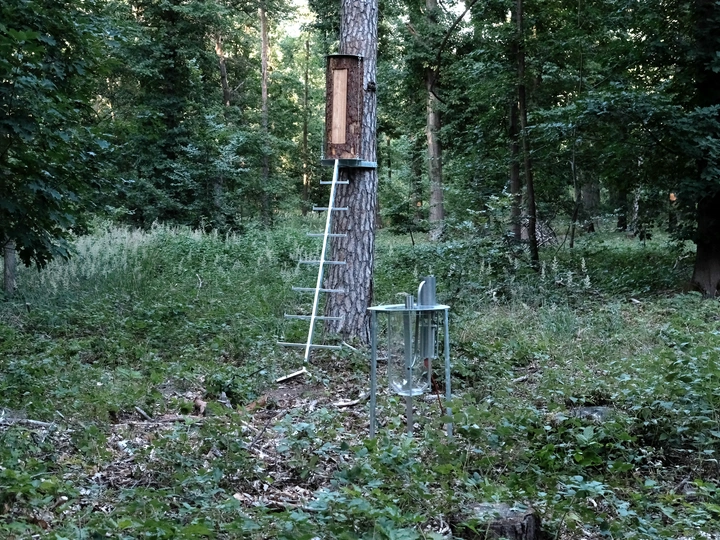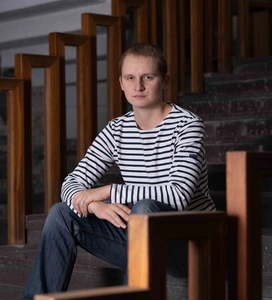Forest Tales

I am a designer working at the intersection of research, material culture, and ecology. My practice is rooted in fieldwork, interdisciplinary exchange, and critical making. I use design as a tool to question extractive systems and to reveal both overlooked and established ways of living with environments, resources, and knowledge.
In my work, I focus on how landscapes are shaped - not only physically but also socially, historically, and economically. I am particularly interested in forests as contested cultural spaces, where questions of land use, ownership, labor, and tradition intersect. By collaborating with practitioners, documenting local knowledge, and engaging directly with materials, I develop design outcomes that make complex relationships tangible - often in the form of objects, spatial interventions, or narrative formats.
I completed my Bachelor's degree in Industrial Design at Burg Giebichenstein University of Art and Design Halle in 2025. During my studies, I also spent one semester at the Design Academy Eindhoven, where I deepened my interest in systems thinking and contextual design approaches. My recent work Forest Tales explores non-timber forest products and their potential to diversify forest economies. It combines documentary methods with material studies and resulted in two functional objects shaped by vernacular knowledge.
Across all my projects, I aim to make visible what is often overlooked: the implicit values embedded in materials, practices, and territorial entanglements.
During the past century, society has predominantly valued forests as spaces for recreation and retreat. At the same time, extensive human intervention has continually shaped forests: they have served as land for grazing, shelter, food, and, most crucially, as an essential wood source for industry and energy production. Economic pressures still reinforce wood-focused management, resulting in monocultures and age-class forests, which increase ecological vulnerability, especially in light of climate change.
Nevertheless, forests remain multifunctional and contested spaces, used and valued by diverse interest groups. Ongoing conflicts arise among forestry professionals, hunters, and other stakeholders, each pursuing different priorities. The project "Forest Tales" addresses these complexities by investigating alternative approaches to forest use - especially the potential of non-wood forest products (NWFPs).
Fieldwork focuses on several key actors: forestry professionals who manage the landscape, hunters, practitioners of traditional tree beekeeping (Zeidlerei), and a chef who integrates unconventional forest products into cuisine. Through interviews, site visits, and documentation via photography, video, and conversation, the project explores evolving relationships with the forest. Two resulting artifacts—a traditional “Klotzbeute” for tree beekeeping and a smoker oven (“Räucherofen”)—illustrate alternative practices and knowledge systems.
Moving forward, Forest Tales will further broaden its scope, involving new stakeholders and innovative forest uses. As an outlook, the project envisions the experimental redesign of a woodland tavern: a space that reinterprets forest gastronomy, uses NWFPs for culinary exploration, and serves as a laboratory for alternative land-use practices. This environment is intended to foster dialogue, connect various interest groups, and present the forest as a truly dynamic cultural and ecological landscape.
